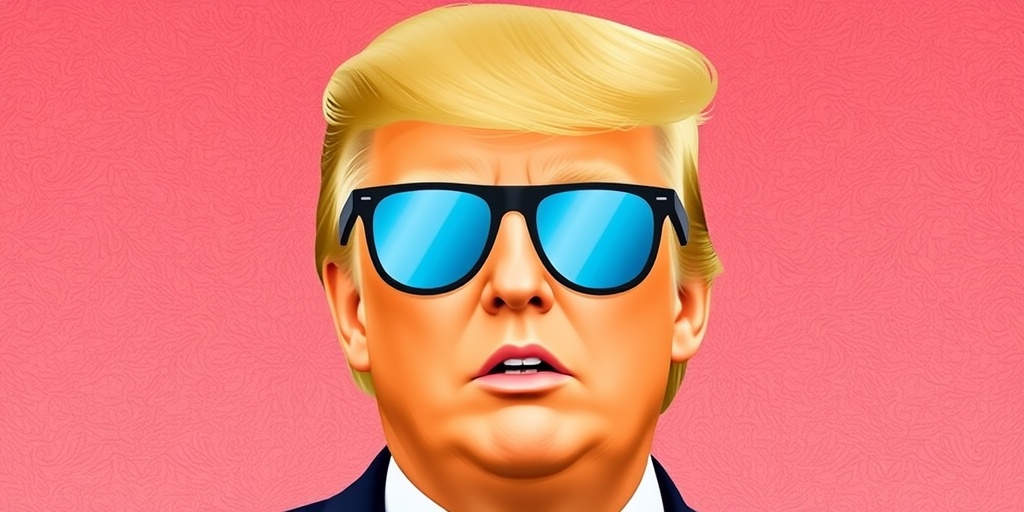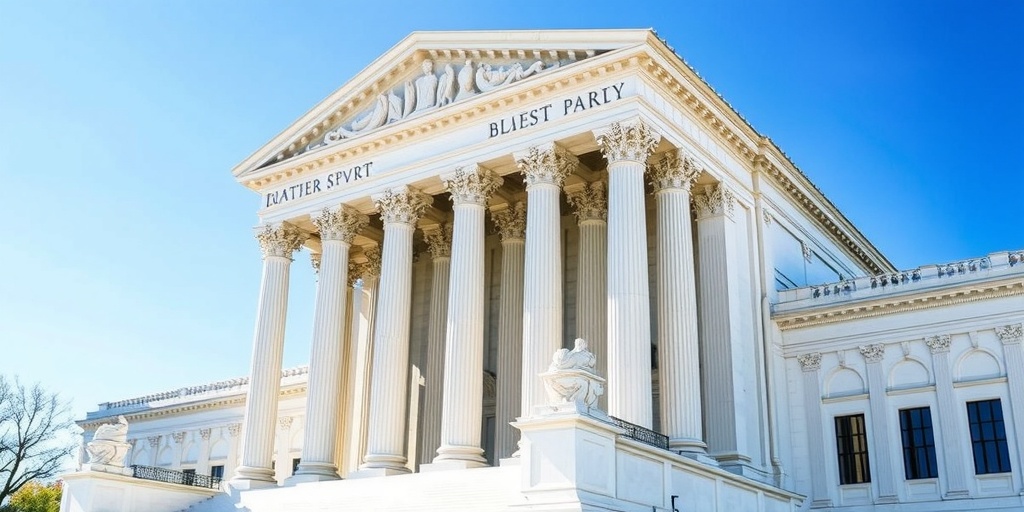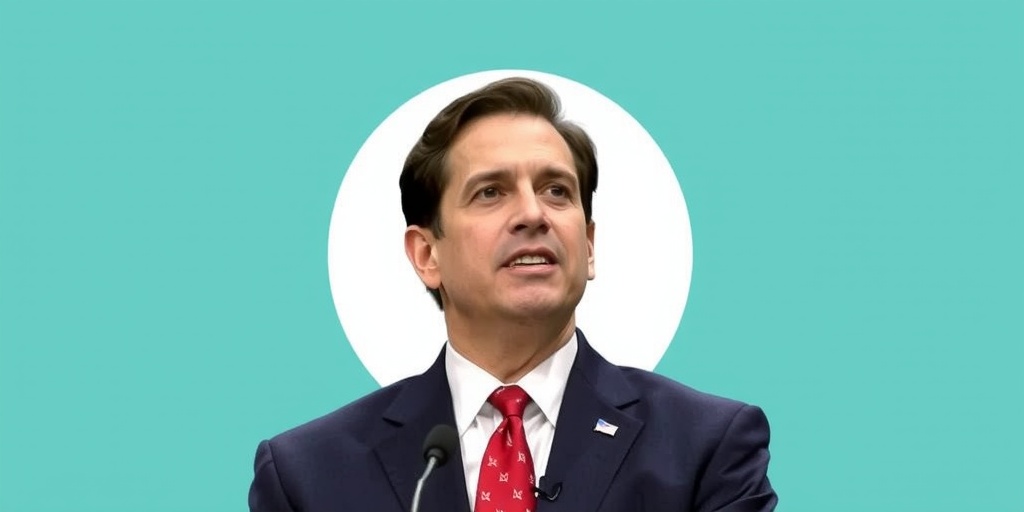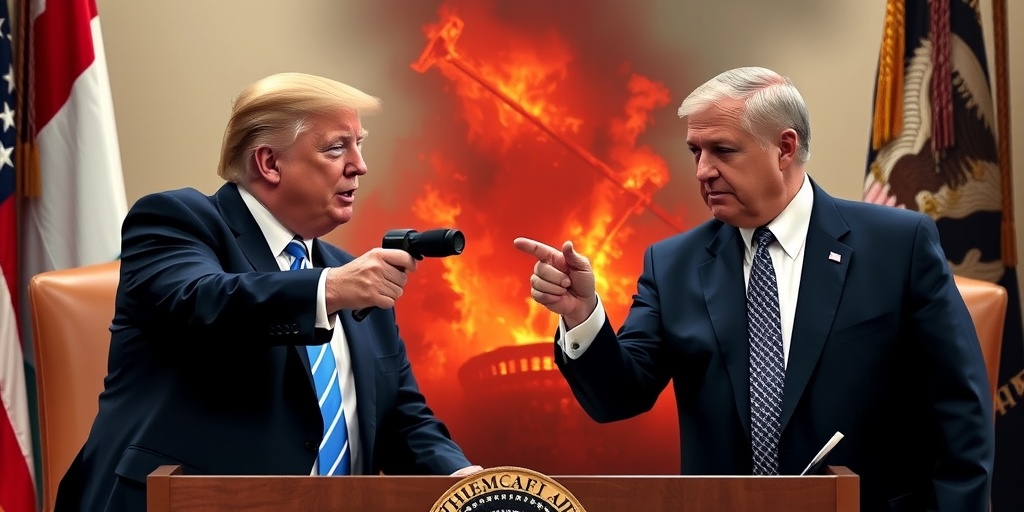Now Reading: Trump Seeks Mideast Cease-Fire Deal Before Inauguration
-
01
Trump Seeks Mideast Cease-Fire Deal Before Inauguration
Trump Seeks Mideast Cease-Fire Deal Before Inauguration
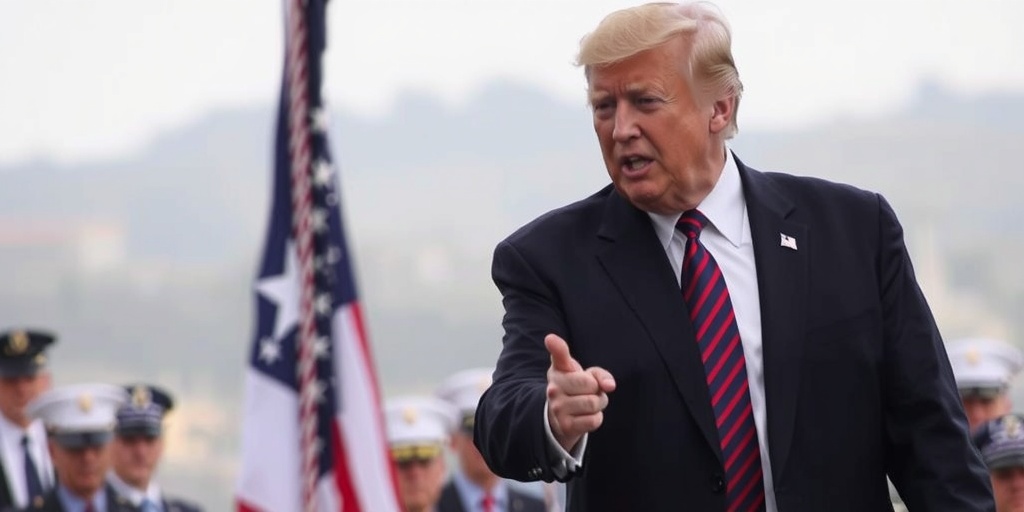
Title: Trump’s Israeli-Gaza Cease-Fire Deal Unfolds as Early Win for President-Elect
As President-elect Donald J. Trump prepares to take office, the announcement of a cease-fire deal between Israel and Gaza emerges as a significant achievement. This development holds substantial implications, both politically and as a testament to Trump’s longstanding reputation as a "deals guy." Here, we delve into the reasons why this cease-fire agreement is crucial for the incoming administration and what it suggests about future diplomatic relations.
One key reason the cease-fire deal is significant for Trump is that it alleviates a persistent international conflict looming over the commencement of his second term. The Israeli-Gaza conflict has long been a thorn in the side of U.S. foreign policy, presenting challenges that require delicate handling and astute negotiation. With the cease-fire now established, Trump faces fewer immediate international crises as he steps into his new role, allowing him to shift focus to other priorities.
Moreover, Trump’s history as a real-estate mogul has instilled in him a penchant for deal-making. He has consistently positioned himself as a master negotiator, celebrating agreements as personal victories. With the announcement of the cease-fire, Trump now has a tangible accomplishment he can tout as an early success of his presidency, even though it unfolded prior to his official swearing-in ceremony. He took to social media to express his belief that the deal "only happened as a result of our Historic Victory in November," emphasizing his role in this diplomatic win despite the timing.
Notably, while the framework of the cease-fire shares similarities with previous proposals put forth by President Biden, multiple sources close to the process assert that Trump’s recent election win was instrumental in propelling the negotiations forward. The timing of the cease-fire, soon after Trump’s electoral success, signals a shift in dynamics. Key players from Trump’s incoming administration played significant roles in influencing the progression of talks, demonstrating how domestic political victories can resonate on the international stage.
The backdrop of the cease-fire discussions is colored by the events of October 7, 2023, when Hamas launched deadly attacks, intensifying the conflict and drawing global attention. As the 2024 U.S. presidential race unfolds, these events significantly underscore the political landscape. Trump, having survived an assassination attempt in July, emerges not just as the Republican nominee but with renewed momentum in his relationship with Israeli Prime Minister Benjamin Netanyahu. This thawing of ties follows a period of strain after Netanyahu publicly congratulated Joe Biden on winning the 2020 election — a move that had drawn Trump’s ire.
A driving force behind the cease-fire negotiations is the volatile prospects of Trump’s foreign policy approach. His unpredictable nature has become a focal point in conversations among foreign leaders. Concerns regarding how he may handle international affairs, particularly in volatile regions, have led to heightened caution. This fear of unpredictability suggests that foreign nations are eager to stabilize relations, recognizing the importance of keeping lines of communication open amid the potential for abrupt changes in policy.
Steve Witkoff, Trump’s designated Mideast envoy, played a crucial role in the orchestration of the cease-fire talks. His involvement signifies a commitment to engaging actively with key stakeholders in the region, thereby reinforcing U.S. diplomatic presence during a particularly tumultuous time. This proactive approach not only helps Trump manage one significant issue as he assumes office but also serves to solidify his administration’s understanding of the complexities involved in Middle Eastern geopolitics.
As Trump moves forward with his presidency, the implications of this cease-fire extend beyond immediate diplomatic gains. The success of this negotiation may set a precedent for future U.S. involvement in international conflicts. It raises questions about how the Trump administration will navigate existing tensions in the Middle East and explore potential avenues for peace in other long-standing regional disputes.
In conclusion, the Israeli-Gaza cease-fire deal serves as a vital component of Trump’s emerging foreign policy narrative. It showcases his ability to broker significant agreements, while simultaneously shedding light on the intricate balance of power, negotiations, and relationships that characterize international diplomacy. As the world watches keenly, the effectiveness of Trump’s foreign policy will be tested in the months to come, particularly as his administration grapples with the complexities of an ever-evolving global landscape. The ramifications of this cease-fire may indeed resonate far beyond the immediate parties involved, influencing U.S. relations with allies and adversaries alike.
Stay Informed With the Latest & Most Important News
Previous Post
Next Post
-
 01New technology breakthrough has everyone talking right now
01New technology breakthrough has everyone talking right now -
 02Unbelievable life hack everyone needs to try today
02Unbelievable life hack everyone needs to try today -
 03Fascinating discovery found buried deep beneath the ocean
03Fascinating discovery found buried deep beneath the ocean -
 04Man invents genius device that solves everyday problems
04Man invents genius device that solves everyday problems -
 05Shocking discovery that changes what we know forever
05Shocking discovery that changes what we know forever -
 06Internet goes wild over celebrity’s unexpected fashion choice
06Internet goes wild over celebrity’s unexpected fashion choice -
 07Rare animal sighting stuns scientists and wildlife lovers
07Rare animal sighting stuns scientists and wildlife lovers














